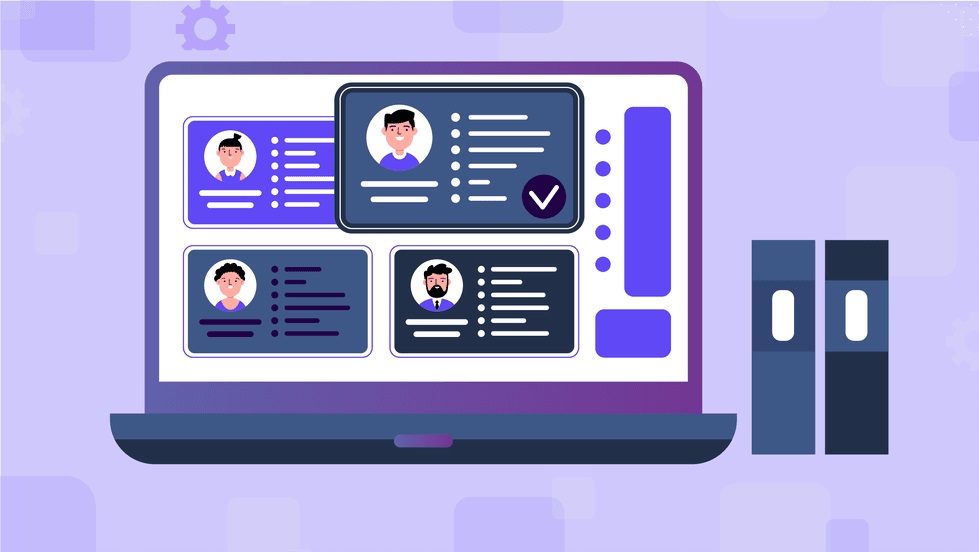In the dynamic realm of recruitment, finding the right talent is a critical challenge faced by organizations of all sizes. As the job market evolves, so do the methods employed to identify and select the most suitable candidates. One of the key game-changers in this process is the utilization of candidate assessment tools and skills assessment tests. In this blog post, we’ll delve into the significance of these tools in evaluating job candidates and how they can streamline the hiring process for optimal results.
The Evolution of Candidate Assessment Tools
Gone are the days when hiring decisions relied solely on resumes and interviews. Today, organizations recognize the need for a more comprehensive and objective approach. Candidate assessment tools have emerged as invaluable assets in this endeavor. These tools leverage technology to assess various facets of a candidate’s suitability for a role, providing recruiters with data-driven insights beyond the traditional hiring methods.
Key Features of Candidate Assessment Tools
Objective Evaluation:
Candidate assessment tools enable a more objective evaluation of candidates, minimizing biases that may arise during the traditional hiring process. By focusing on measurable data and performance metrics, these tools help recruiters make informed decisions based on merit rather than subjective judgments.
Skills Assessment Tests:
A crucial component of candidate assessment tools is the incorporation of skills assessment test. These tests allow recruiters to gauge a candidate’s proficiency in specific skills relevant to the job. Whether it’s coding abilities, communication skills, or problem-solving capabilities, skills assessment tests provide a standardized way to measure and compare candidates.
Efficiency in Screening:
With a vast pool of applicants for any given position, time is of the essence in the hiring process. Candidate assessment tools streamline the initial screening phase, allowing recruiters to focus their efforts on candidates who exhibit the skills and qualities essential for the role. This not only saves time but also ensures that only the most qualified individuals progress further in the hiring pipeline.
Customization for Job Roles:
These tools are adaptable to the specific requirements of different job roles. Whether it’s a leadership position demanding strategic thinking or a technical role requiring specialized skills, candidate assessment tools can be customized to evaluate candidates based on the unique attributes crucial for success in each position.
Benefits of Implementing Candidate Assessment Tools
Improved Hiring Accuracy:
The objective nature of candidate assessment tools enhances the accuracy of hiring decisions. By relying on data-driven insights, recruiters can identify candidates who possess the right mix of skills, experience, and cultural fit for the organization.
Reduced Turnover Rates:
Making the right hiring decisions from the outset contributes to lower turnover rates. Candidate assessment tools help align candidate capabilities with job requirements, reducing the likelihood of mismatches and subsequent turnover.
Enhanced Candidate Experience:
Candidates appreciate a fair and transparent hiring process. The use of assessment tools communicates a commitment to objective evaluation, fostering a positive candidate experience. This, in turn, can enhance the organization’s employer brand.
Time and Cost Savings:
The efficiency gained through the use of candidate assessment tools translates into significant time and cost savings. By automating certain aspects of the screening process, recruiters can redirect their efforts towards engaging with top candidates and strategically managing the overall recruitment process.
Conclusion
In the fast-paced world of recruitment, staying ahead requires adopting innovative tools that not only expedite the hiring process but also elevate its effectiveness. Candidate assessment tools, coupled with skills assessment tests, have proven to be indispensable assets for modern-day recruiters. By incorporating these tools into the hiring strategy, organizations can unlock a wealth of benefits, from improved accuracy in candidate selection to enhanced efficiency in the overall recruitment process.
As the talent landscape continues to evolve, the strategic adoption of candidate assessment tools will undoubtedly be a key differentiator for organizations seeking to build high-performing teams. Embrace the power of technology, refine your hiring practices, and discover the transformative impact of candidate assessment tools on your recruitment success.
